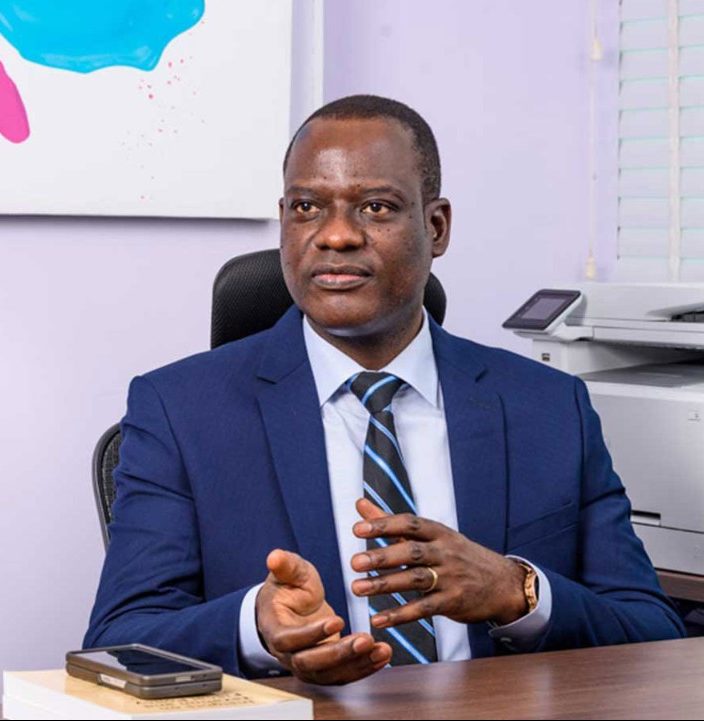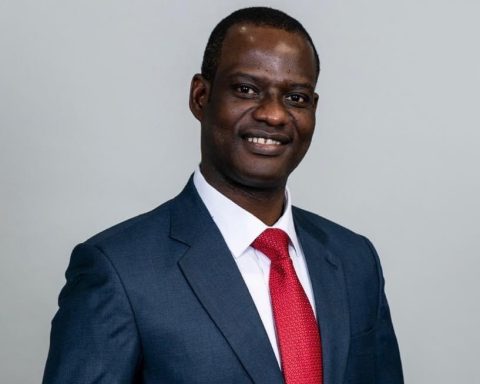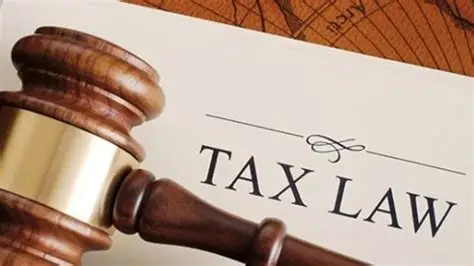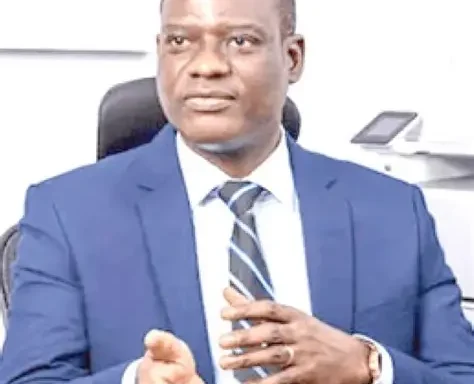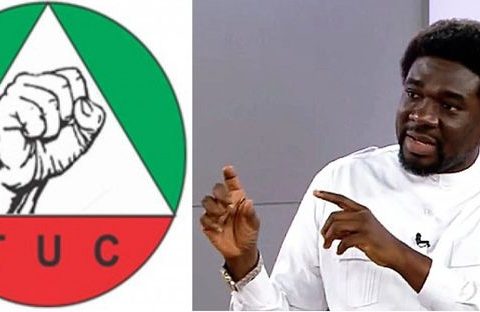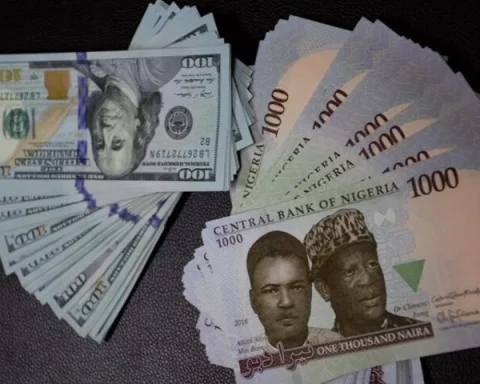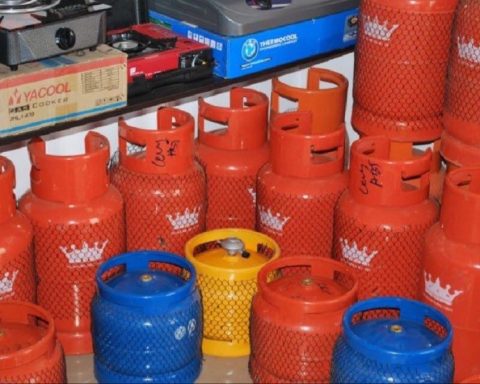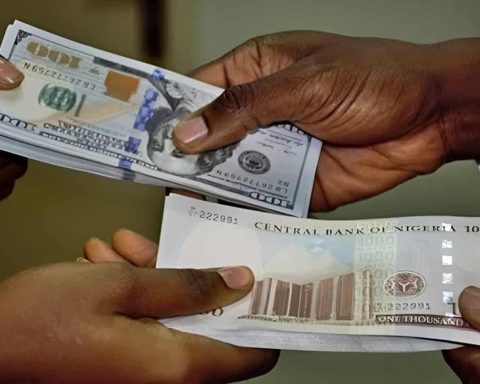Chairman of the Presidential Committee on Fiscal Policy and Tax Reforms in Nigeria, Dr Taiwo Oyedele, has clarified the Federal Government’s purpose for collecting five percent surcharge on fossil fuel sales.
In a video message released by the State House, Oyedele explained that revenues generated from the fuel tax will be used for providing transport infrastructure to cut logistics costs and ease inflation in the country.
Join our WhatsApp ChannelThe announcement of the five percent tax on all fossil fuel sales (including diesel and petrol) as part of the new tax law signed recently has generated nationwide reactions, with many expressing concerns about a potential increase in the prices of petrol and diesel. While some argue that it is an attempt to disincentivize the use of fossil fuels and raise revenue for the government, others raised concerns about the economic burden of imposing the tax on the citizens.
Reacting to the concerns, Oyedele said: “The intention is to earmark and dedicate the revenue from this tax into providing transport infrastructure that can reduce the cost of transporting items, logistics and overall, bring down inflation.”
According to him, implementation of the fuel surcharge will commence on a date to be communicated by the Minister of Finance and Coordinating Minister of the Economy, Mr Wale Edun.
Oyedele said it will not take effect on January 1, 2026, when the new tax laws will take effect.
READ ALSO: Dangote’s Frequent Price Cuts And Ripples Of Intense Competition In Nigerian Fuel Market
He said the Minister of Finance will determine the appropriate time to commence implementation of the fuel tax.
Industry stakeholders, opposition leaders and civil society organisations have kicked against the policy.
Petroleum Products Retail Outlets Owners Association of Nigeria (PETROAN) frowned at the proposal, saying that its members could lose their businesses if the law is eventually enforced.
Labour Party, presidential candidate in the 2023 election, Mr. Peter Obi, queried the rationale behind implementing the five per cent surcharge on fossil fuel, when many citizens are grappling with the high cost of transportation.
Obi stated that even the Compressed Natural Gas (CNG), proposed as an alternative fuel, has become unaffordable, as the price recently went up from about ₦230 to ₦450 per standard cubic feet (SCM).
He called on the government to withhold implementation of the fuel tax and work on improving the standard of living for Nigerians.
“This 5% fuel tax should wait until Nigerians begin to see tangible improvements in their lives from all the many promises from Mr. President,” Obi stated.
Reacting to Oyedele’s claim, financial expert Kalu Aja said the government has failed to offer better clarification on the tax policy, which he described as “regressive.”
Aja queried why the government is coming up with the fuel tax after removing subsidy on petrol to generate more revenue.
“The whole point of removing the PMS subsidy was to generate revenue, to also bring down the cost of transportation via the provision of infrastructure and even CNG buses. So why implement this tax? Why was it not taken away?” he asked.


